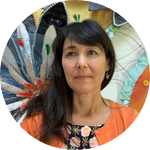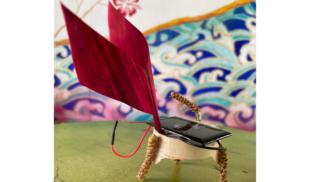1,029
0
0
Like?
Please wait...
About This Project
How might we design science kits rooted in cultural and ancestral knowledge unique to Hawai’i? There is no shortage of kits shipped here, but a lack of homegrown kits centering ancestral innovation and local natural materials. If we can develop Hawaiian place based science kits, we will uplift Hawaiian frameworks for solving our unique environmental challenges.
We will develop biomaterial and frugal science kits useful to grow trust spaces for local science innovation conversations.

Browse Other Projects on Experiment
Related Projects
Understanding Key Components of Hawaiian Ukulele Playing Technique and its Application in Contemporary Ukulele Music
The research trip to Hawaii will further the knowledge about ukulele playing technique in general and Hawaiian...
A sustainable Hawai’i bio-makerspace rooted in cultural & ancestral knowledge
How might we design science kits rooted in cultural and ancestral knowledge unique to Hawai’i? There is...
Youth on the Move: Re-Storying Urban Communities with Public Art and Digital Media
Amplified by news and social media, stories of urban youth are often negative, portraying urban communities...

